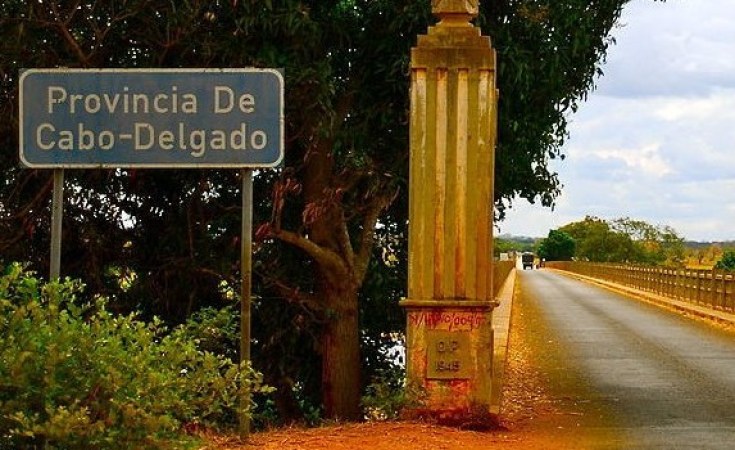Cape Town — Unknown gunmen have attacked six communities and torched a teacher-training college in Quissanga district, in the northern Mozambican province of Cabo Delgado, in the space of less than a week, a development that marks an escalation in attacks on the gas-rich province.
Unidentified fighters emerged in 2017, the insurgence worsened over the years, and they are now claimed as an affiliate by the Islamic State (IS). The brunt of the impact is being felt by the local population, who risk being abducted or even beheaded in attacks on villages and the province's roads.
Ernesto Agostinho Parivo, Director of the Teacher Training School of Bilibiza (EPF), was forced to flee with students and school staff.
On the morning of the day of the attack, around 11am, there was a warning that the village would be attacked by the insurgents, so that most of them were preparing to take refuge in safe areas, namely, on the other bank of the river that exists in surroundings. It turns out that at EPF there were only three students (one from Muedumbe and two from Nampula) and one maintenance worker.
When it was around 5 pm, as predicted, the village of Bilibiza was actually attacked where the insurgents burned and destroyed all the infrastructure that existed in the area. When I noticed the movement of people stampeding outside my house, I soon got in touch with a colleague who was at the EPF ordering them to immediately leave the EPF and also take refuge near the river where I was already and where we crossed by canoe.
During the route we heard shots and saw smoke and we realized that it was the EPF that was being attacked, in addition to the village. It was around 5 pm. The gunfire and smoke continued throughout the night until the next day at around 7 am / 8 am, while we continued to be refugees in the woods together with the police.
When it dawned the following day, Friday, no one had the courage to return to the village, and it was in these circumstances that I asked the police to accompany me to see what conditions the school would have been in. Once the police accepted, we went to the place where we found the warehouse and the pedagogical section still on fire with all the books and wallets burned.
Then the police asked us to identify and unite to see all the traces in the area. After this action I went back to the river where I rented a canoe and then we walked along the road, a trip that only ended at 22h after having covered 70km on foot and a few more kilometres travelled in the school car, finally at 2h in the morning we arrived in the city of Pemba accompanied by the police. In our absence, the population vandalized our warehouse, as was the case with the Agrarian Institute.
This attack was strange because despite the warning from the authorities, it could not be avoided and our main concern was that on this date we would receive many students, since the beginning of classes was scheduled for the 4th.
For the future, we still do not have solutions but we have two chances: either proceed with classes at the Alberto Chipande Teacher Training Institute, in Pemba or occupy the place where the XI FRELIMO Congress was held, which is a large space. These two hypotheses are still being considered but we are in permanent contact with the students.
This account was translated from Portuguese.
allAfrica.com's reporting on peacebuilding is supported by a grant from Carnegie Corporation of New York.


